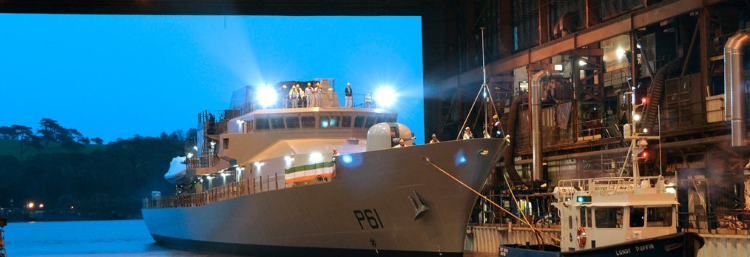I was interested to learn that ARM is in play again, although curious to learn that Nvidia might be its suitor, and even more interested to learn that Nvidia has overtaken Intel as the world’s largest chip fab. How did that happen? Nvidia sell on consoles as well as PC/laptops and games platforms are it seems another good whose demand has been boosted by CV19 and that the global demand for cycles has been driven by HPC and AI recently where the Nvidia are competing architecturally with Intel, although they need a CPU to complete their portfolio. It may be a better fit than I’d thought.
I have to laugh a bit, as Intel drove the final RISC players out of the market by leveraging the volume of the consumer product design, and it would seem, have been bitten in the arse by the same thing. These products require volume, and production will coalesce towards the low price duopoly.
ARM was bought by Softbank, for £24bn cash, just under 4 years ago; they are a Japanese venture/hedge fund which has famously had it its own problems. I wonder what they did with the money as some of their principals are now bleating for state protection as Nvidia is a allegedly an inappropriate owner of the chip designers. The Verge heralded it as another proof that intellectual property has value. The Register reports that the big stake holders have been insuring themselves against losing access to the intellectual property.
In this article on the BBC, they returned to Herman Hauser, one of ARM’s founders, who voted against the deal in 2016 who shares his fears for access to the technology of bought by another market participant, and possibly the decommitment to the Cambridge campus, which is a security of supply issue, but this Govt. is unlikely to do much and it should be safer owned by someone who wants the ideas rather than an organisation which just considers it a red-ink line in the P&L. …










